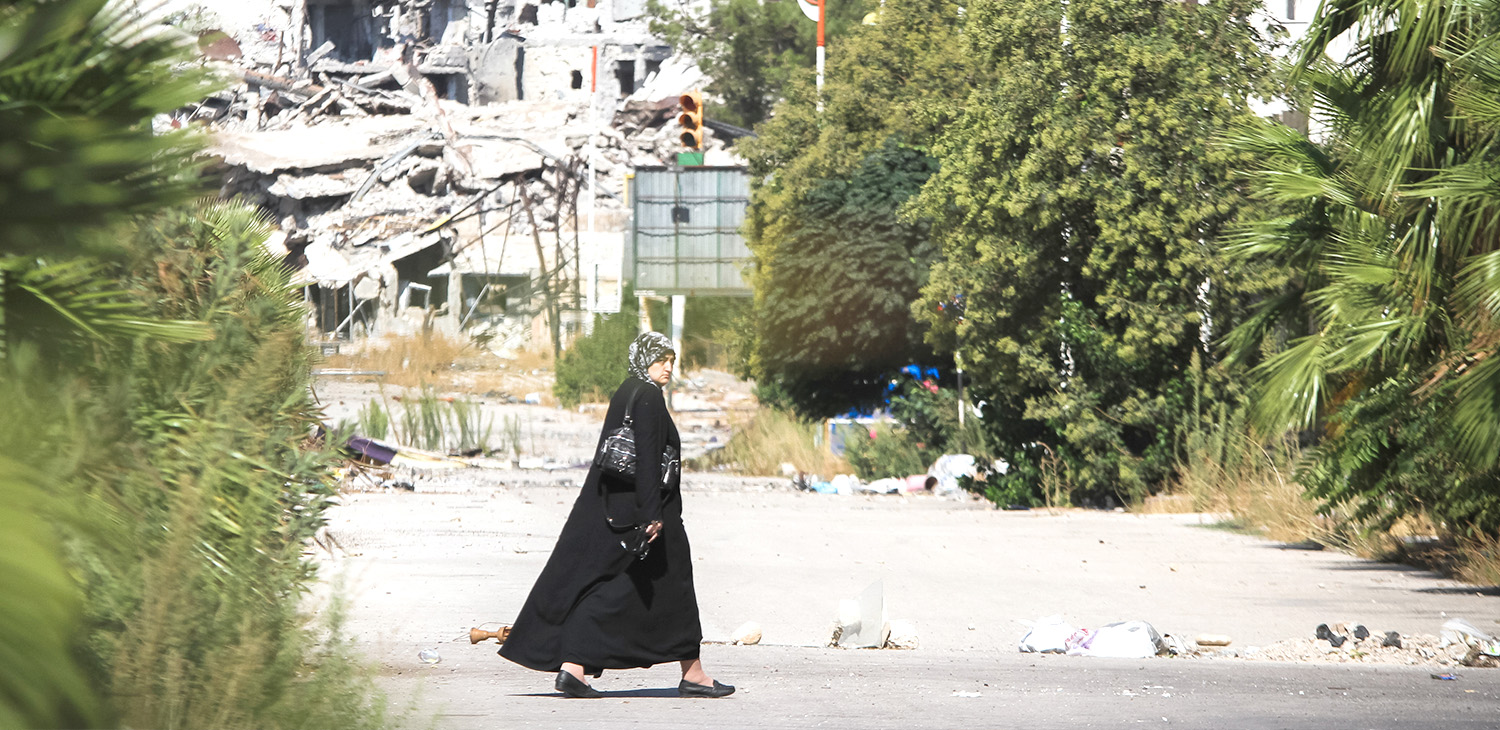We study the drivers of refugees’ decision making about returning home using observational and experimental data from a survey of 3,003 Syrian refugees in Lebanon. We find that the conditions in refugee-hosting countries play a minor role. In contrast, conditions in a refugee’s home country are the main drivers of return intentions. Even in the face of hostility and poor living conditions in host countries, refugees are unlikely to return unless the situation at home improves significantly. These results challenge traditional models of decision making about migration, where refugees weigh living conditions in the host and home countries (“push” and “pull” factors). We offer an alternative theoretical framework: a model of threshold-based decision making whereby only once a basic threshold of safety at home is met do refugees compare other factors in the host and home country. We explore some empirical implications of this new perspective using qualitative interviews and quantitative survey data.

2023
British Journal of Political Science


